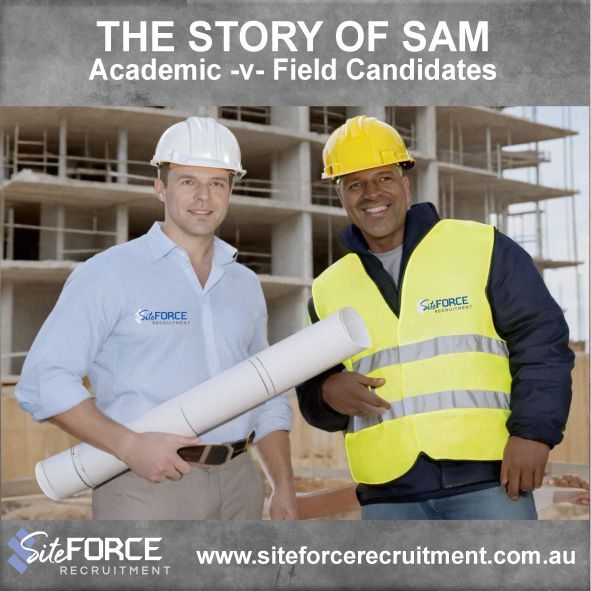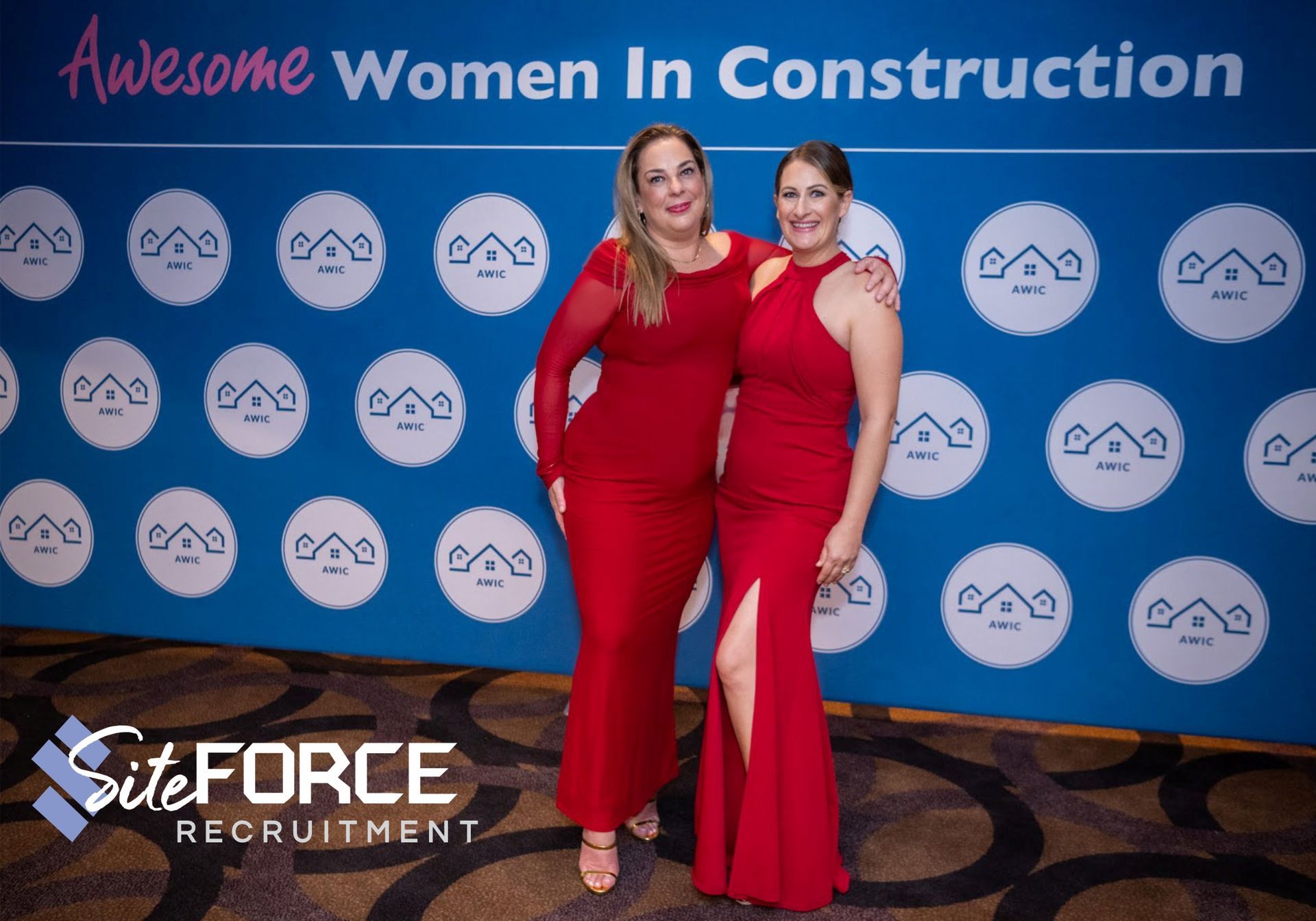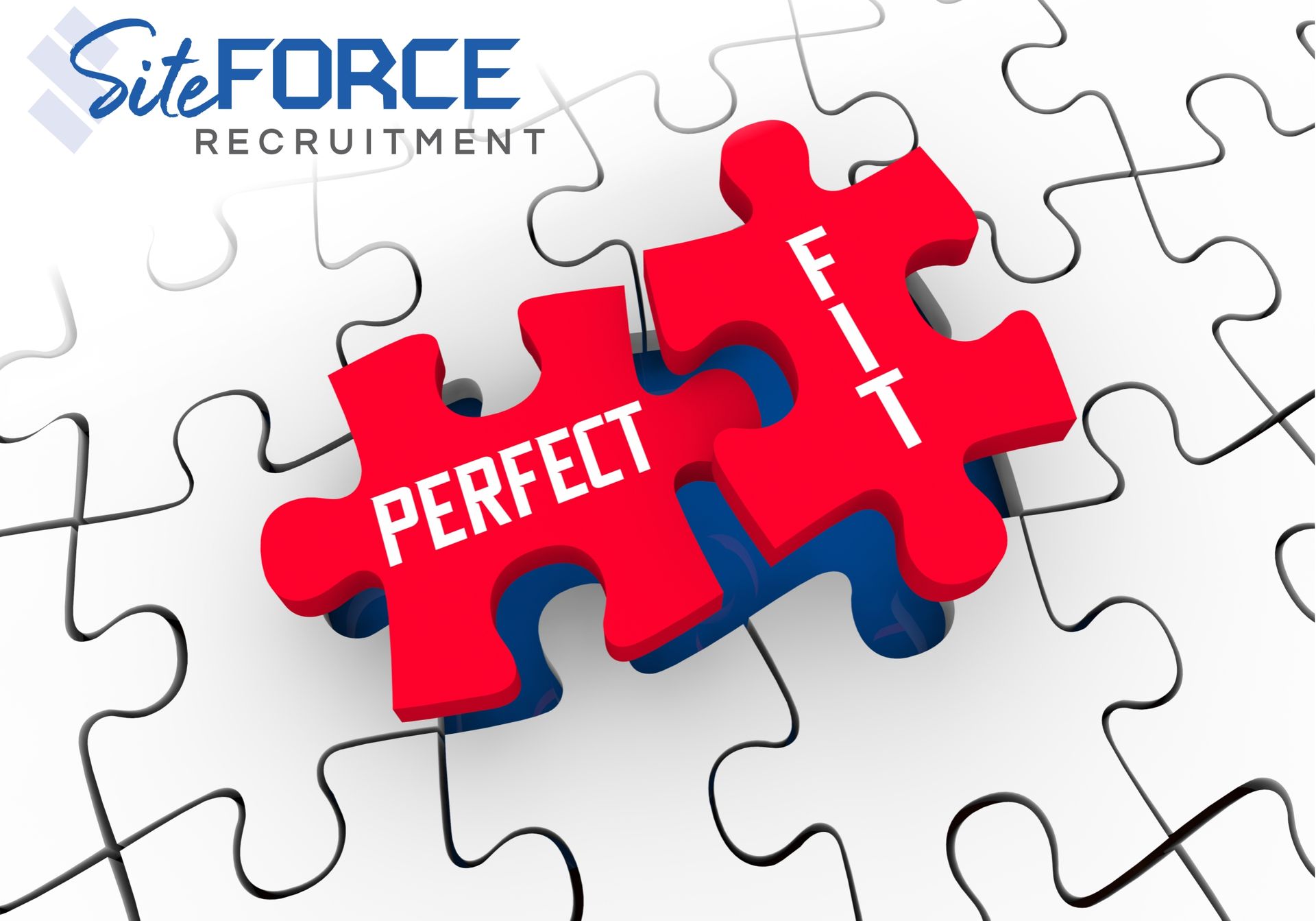THE STORY OF SAM, THE STRUCTURAL ENGINEER GRADUATE
Advanced Recruiters Insights:
Academic -v- Field Candidates

Picture this. Sam is a structural engineer who has nailed it in his studies with excellent marks.
He has mastered subjects such as structural analysis, project management, advanced construction materials etc. Upon graduation, Sam joins a construction firm. He looked like a fantastic candidate on paper with all the right boxes ticked on his application. He’s enthusiastic to apply his extensive academic knowledge. However, he encounters a few challenges and is struggling:
1. Application of Theoretical Knowledge: While Sam understands the principles behind structural integrity and material strength, he is struggling to apply these concepts in the unpredictable and dynamic environment of a construction site. For instance, the variability in material quality, unforeseen ground conditions, and the practical limitations of on-site work are all new experiences to him.
2. Real-Time Problem Solving: Academic training often involves controlled scenarios with defined parameters. In contrast, the field requires quick, decisive problem-solving without the luxury of time for extensive analysis. Sam is finding it difficult to adapt theoretical problem-solving approaches to the fast-paced and sometimes chaotic nature of construction projects.
3. Interpersonal Skills and Team Dynamics: University education typically focuses on individual performance and theoretical knowledge. However, success on a construction site heavily depends on effective communication, leadership, and teamwork. Sam is initially struggling to navigate the complexities of site management, including coordinating with tradespeople, managing subcontractors, and liaising with project stakeholders in ‘real time’.
Theoretical Knowledge -v- Field Experience
The disparity between theoretical knowledge acquired in universities and practical experience in the field is a well-documented issue in the Australian construction industry. A notable example is provided by a study conducted by the Australian Constructors Association (ACA), which highlights the challenges faced by construction engineers transitioning from academic environments to real-world construction sites.
Further, according to a report by Engineers Australia, many newly graduated engineers feel underprepared for the practical demands of their roles. The report notes that while universities provide a solid theoretical foundation, graduates often lack the hands-on experience necessary to thrive in real-world projects. (Jobs and Skills Australia).
Similarly, research from the Australian Industry Group (Ai Group) emphasises the skills gap, pointing out that a significant percentage of employers find that engineering graduates lack practical experience. This gap highlights the importance of integrating more real-world training and internships into engineering curricula. (Jobs and Skills Australia).
Candidate Choice
Obviously with Structural Engineers, these positions require certain qualifications. However, in the construction industry, we have innumerable candidate positions that would suit both the academically qualified and field-experience.
However, we are experiencing a lot of inexperienced or lax daisy recruiters in the industry doing a ‘flick and tick’ between resumes and job descriptions, or relying on automation to match boxes, that are missing a vital level of knowledge to properly assess candidates. In my experience, we need to take a high-level approach. One that can more effectively assess the employer’s needs, that can elevate an employer’s approach to candidate suitability and more effectively match candidates to roles that suit their skills and experience to the role, ensuring a more dynamic and capable workforce.
This approach not only enhances project outcomes but also promotes a more adaptable and innovative construction industry in Australia.
Understand the pros and cons of each type of candidate and developing effective assessment strategies can help recruiters and employers match candidates to the right employers and roles.
Pros and Cons – Real Life Experience
Pros:
- Practical Knowledge: Employees with hands-on experience bring a wealth of practical knowledge to the table. They understand the nuances of construction work, having encountered and solved real-world problems on-site.
- Adaptability: These workers are often more adaptable and resourceful, having learned to think on their feet and adjust to changing conditions and unexpected challenges.
- Efficiency: Experienced workers can often complete tasks more quickly and accurately, reducing the time and cost of projects.
- Mentorship Potential: They can mentor less experienced employees, fostering a knowledge-sharing environment that benefits the entire team.
Cons:
- Resistance to Change: Experienced workers may be resistant to new technologies or methods, preferring the techniques they have used successfully in the past.
- Skill Gaps: Their skills might be highly specialised to certain tasks or outdated, especially if they haven’t engaged in continuous learning or professional development.
- Health and Safety Risks: Long-term physical work can lead to health issues, potentially reducing their ability to perform certain tasks safely.
Pros and Cons - Formal Education
Pros:
- Theoretical Knowledge: Graduates have a strong theoretical foundation, understanding the principles behind construction practices, which can lead to innovative problem-solving.
- Tech Savvy: They are often more familiar with the latest technologies and software used in construction, which can enhance efficiency and project management.
- Up-to-Date Knowledge: Educational programs often include the latest industry standards and best practices, ensuring that these workers are knowledgeable about current trends and regulations.
- Analytical Skills: They tend to have strong analytical skills, useful for planning, designing, and managing construction projects.
Cons:
- Lack of Practical Experience: These workers might lack the hands-on experience needed to apply their knowledge effectively on a construction site.
- Over-reliance on Theory: They might struggle with practical problem-solving if they cannot adapt theoretical knowledge to real-world scenarios.
- Initial Supervision Needed: Educated but inexperienced workers may require more supervision and training initially, which can slow down project timelines.
- Health and Safety Risks: They may not be aware of the innumerable health and safety risks on a work site if required to be on-site, reducing their ability to recognise and perform certain tasks safely.
Top Recruiter Tips For Assessing Job Candidates
To bridge this gap and ensure that the right candidates are matched to the appropriate roles, recruiters and employers should adopt comprehensive assessment strategies, including:
- Behavioural Interviews: Ask candidates about past experiences and how they handled specific situations. For example, "Can you describe a time when you encountered an unexpected issue on-site and how you resolved it?" This helps gauge practical problem-solving skills.
- Skills Tests: Implement practical tests that mimic real-world tasks. For instance, for a trade role, have the candidate demonstrate their ability to use certain tools or complete a common construction task.
- Technical Questions: For more educated candidates, ask questions that test their theoretical knowledge and its application. Questions like, "How would you approach integrating new software into a project management system?" can be revealing.
- Scenario-Based Questions: Present hypothetical scenarios to assess both practical and theoretical knowledge. For example, "If a project is running behind schedule due to unforeseen weather conditions, how would you adjust your project plan?"
- Reference Checks: Speak to previous employers to understand the candidate’s strengths and weaknesses. For experienced workers, ask about their adaptability and mentorship skills. For educated workers, inquire about their ability to learn and apply new skills quickly.
Additional Questions to Ensure A Good Fit
For Practical Experience:
- "Describe a challenging project you worked on and how you handled it."
- "How do you stay updated with new construction methods and technologies?"
- "Can you provide an example of how you have trained or mentored other workers?"
For Formal Education:
- "What recent advancements in construction technology are you excited about and why?"
- "How would you handle a situation where theoretical plans do not align with on-site realities?"
- "Describe a project where your academic knowledge significantly improved the outcome."
Addressing the gap between real-life experience and formal education in the Australian construction industry requires a balanced approach. By understanding the strengths and weaknesses of each group and implementing thorough assessment methods, recruiters and employers can effectively match candidates to roles that suit their skills and experience. This not only enhances project outcomes but also promotes a more dynamic and adaptive workforce capable of meeting the evolving demands of the construction industry.
Our Superpower
Our leading 'superpower' is attracting and retaining quality team members who share our values of honesty, integrity, diligence, and service, allowing us to deploy quality team members on client sites quickly.
Our team member's superpower is being motivated, prepared and ready to enthusiastically contribute to the projects at hand, more than just a pair of hands.
Related articles:
Read other informative articles for both employers and workers at: https://www.siteforcerecruitment.com.au/blogs
Chantal Penny is the Director with Superpowers of SiteForce Recruitment. A thought leader in the industry, Chantal, based on her expertise and industry perspective, offers unique guidance, inspiration, and influence in the industry. Chantal Penny is also a thought leader in the industry with her Podcast, Talent Instinct, which is available at:
https://talentinstinctpodcast.libsyn.com/site
At SiteForce Recruitment, we specialise in labour-hire and permanent recruitment in the construction industry. We are committed to valuing people, safety and wellbeing, collaboration, trust and, of course – results!
CONNECT with us via our contact page or bookings links on our website if you are looking to recruit for, get your dream job, or join our amazing labour force team.











